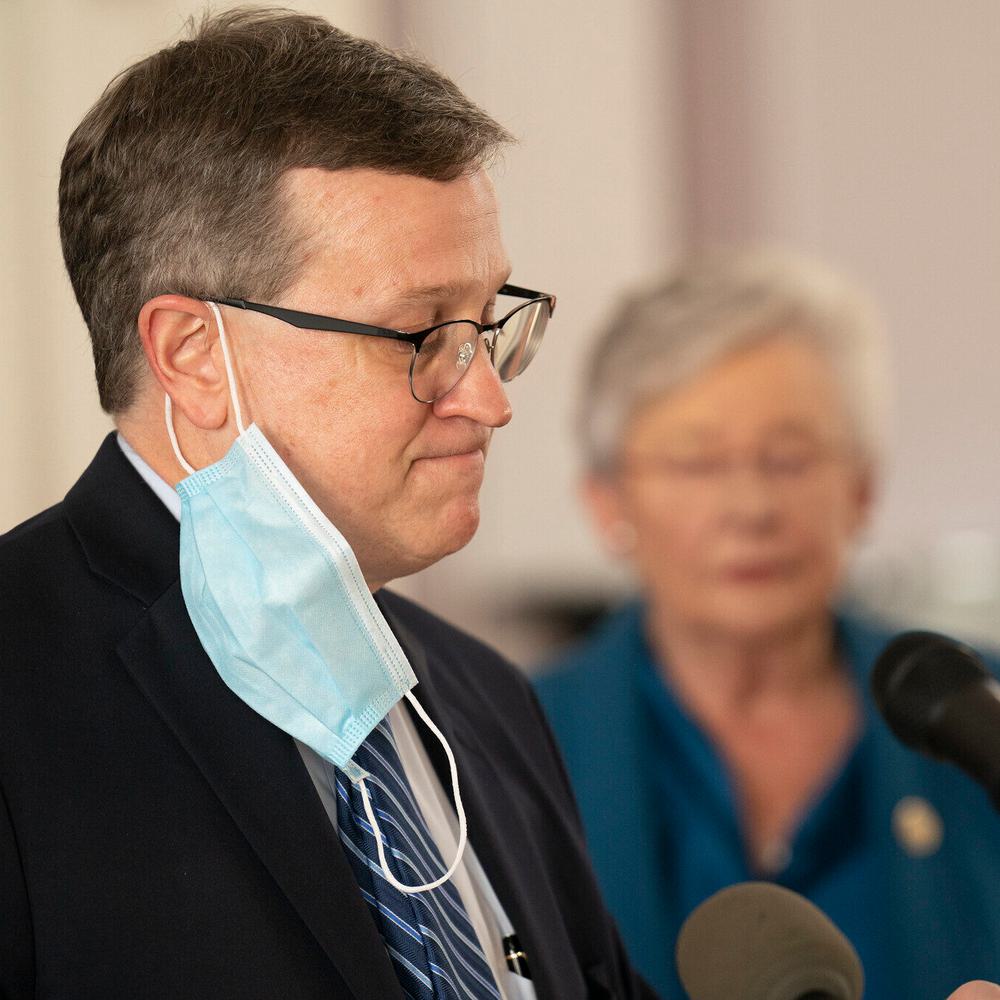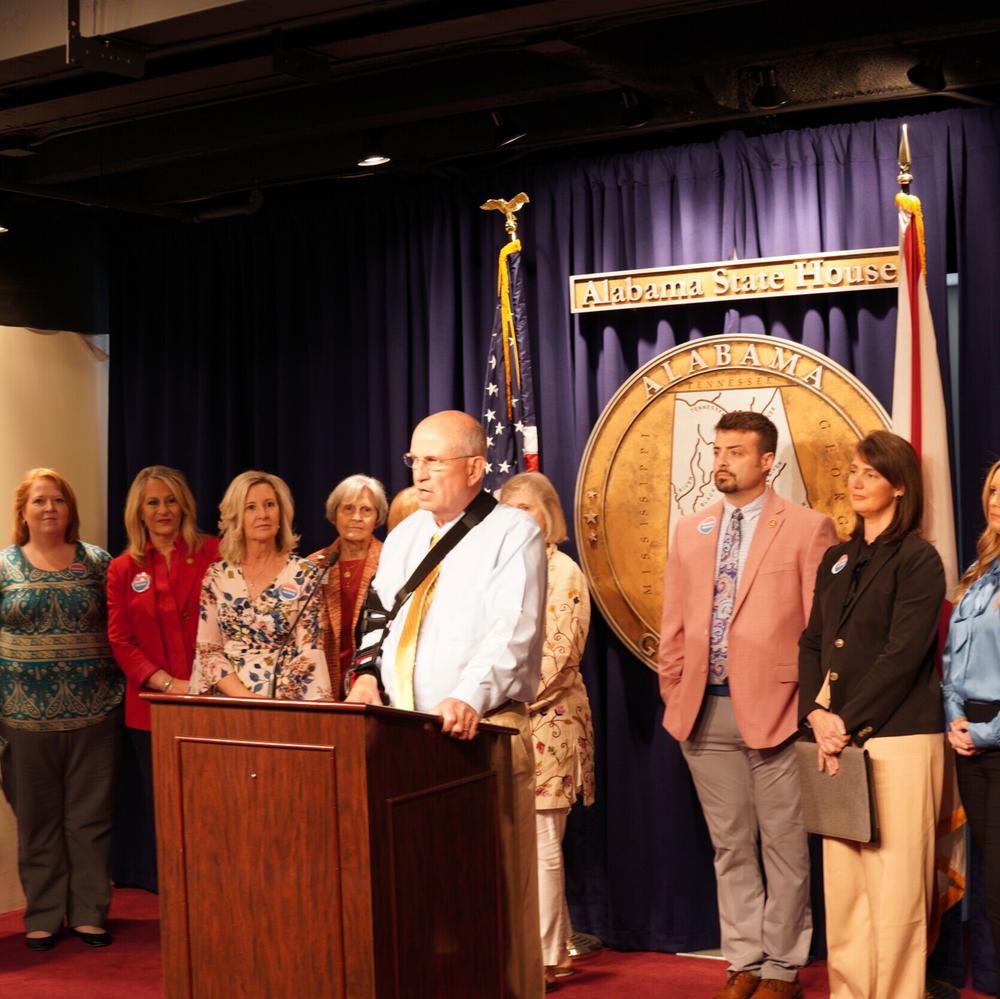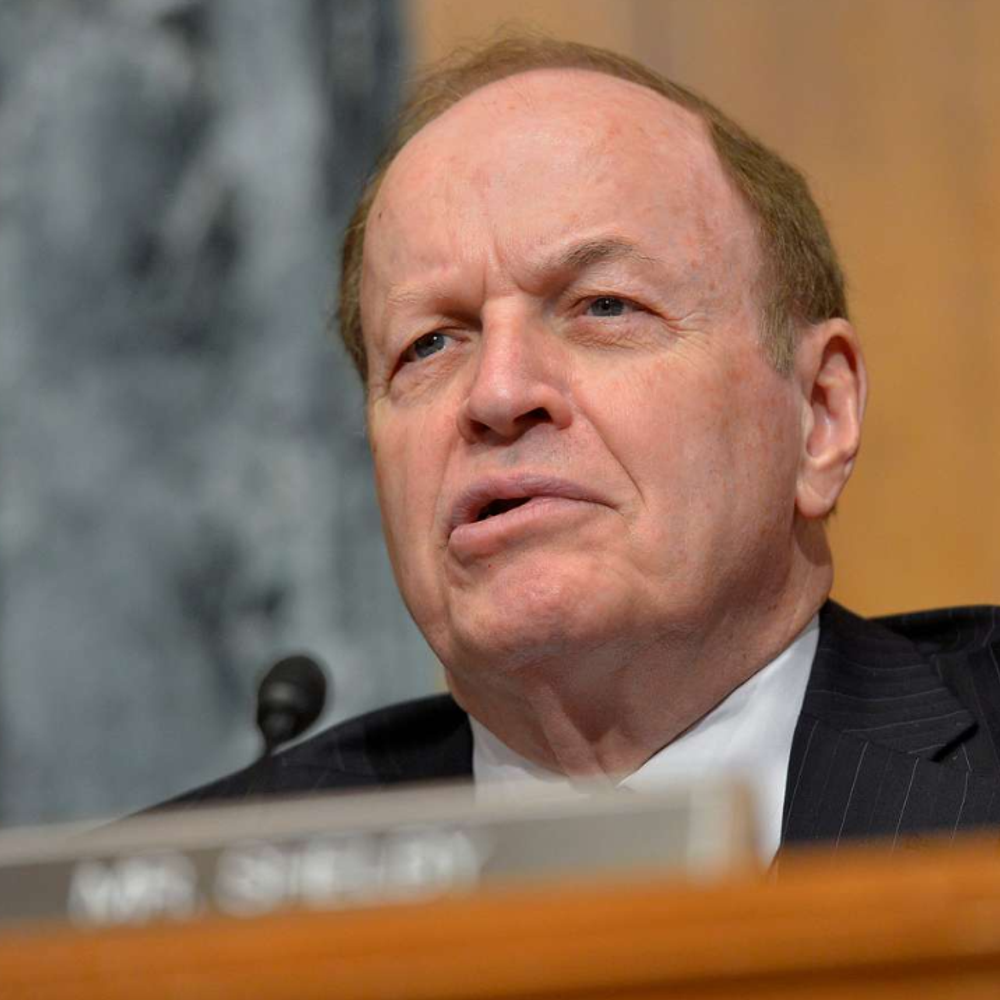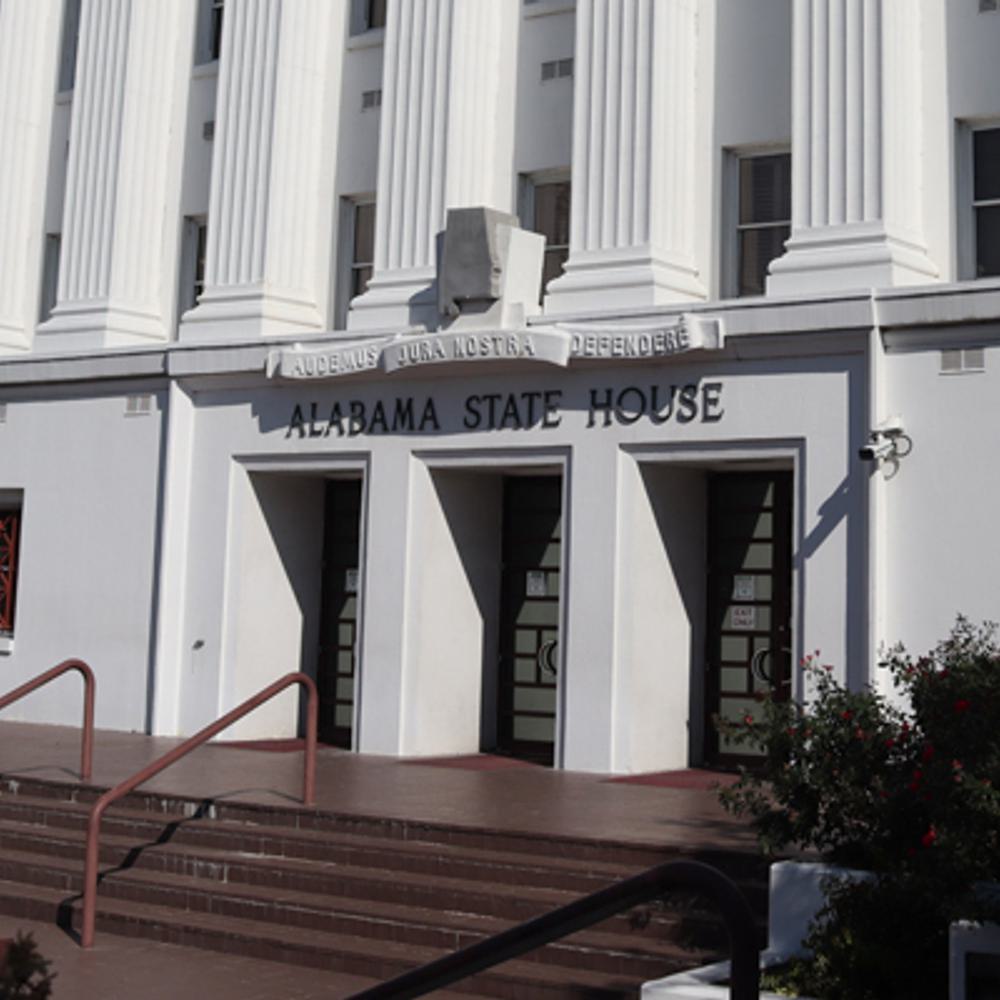Account
Loading...

President Donald Trump promised to drain the swamp in 2016. But despite numerous first term policy successes, the “Deep State” proved resilient, and reducing unelected bureaucrats’ control today will prove challenging.

There were two notable accomplishments of the Alabama Legislature in 2024: the Creating Hope and Opportunity for Our Students’ Education (CHOOSE) Act, which established school choice, and SB129, eliminating Diversity, Equity and Inclusion (DEI) programs.

School choice is a game-changer, and universal school choice should boost learning, improve the quality of our workforce, and reduce inequality.

Poor policy decisions yielded excessive deaths and economic costs during COVID. We are beginning to understand why. Americans who value individualism and freedom face an enormous challenge in preventing similar future debacles.

Next year might witness the inclusion of a three- or four-loss team over a two-loss team. And looming more significantly is who matters in college football and society: the participants or the experts.

I find Dr. David Bronner’s opposition to school choice surprising given the RSA’s commitment to Alabama economic development through investments.

As the price tag for Alabama’s new prisons rapidly approaches $1 billion each, these costly prisons should make us consider how we make decisions about using corrections facilities.

Value-creating tourist destinations improve Alabama’s economy – and our lives. But subsidizing tourism with tax dollars will not create prosperity.

A citizen legislature is wonderful for limited government, but today our citizen legislators must create resilience against efforts by Washington and blue states to erode our freedom.

Today I offer a measure to make Alabama the education reform leader: end government schools entirely.

Having the governor appoint a state health officer will not correct the deficiencies of our emergency powers laws, but the debate might encourage reforms before the next pandemic.

Can a law restricting banks increase economic freedom? In the case of Alabama’s Senate Bill 261, the “anti-ESG” bill, the answer is likely yes.

The PRICE Act would phase in universal educational savings accounts (ESAs) over three years, funded by the state at $6,900 a year.

Thirty-five states — including Alabama — currently employ Certificate of Need (CON) laws in health care, which require approval for new facilities in an industry.

Many would argue that earmarks undermine fiscal conservatism, waste tax dollars, and bankrupt our nation. But I believe that such arguments must rely on hypocrisy.

The state legislature will take up reauthorization of the Alabama Jobs Act next session. The reauthorization affords an opportunity to consider economic and ethical questions raised by targeted incentives for businesses.

Alabama has elected a new legislature. Few of our state representatives campaigned on a socialist platform. Yet a recent report from the Club for Growth suggests that our legislators do not support limited government and free markets either.

America’s labor force participation rate has fallen for two decades, with large drops during the Great Recession and COVID-19 pandemic. Alabama’s rate trails the national average, potentially hamstringing our economy.